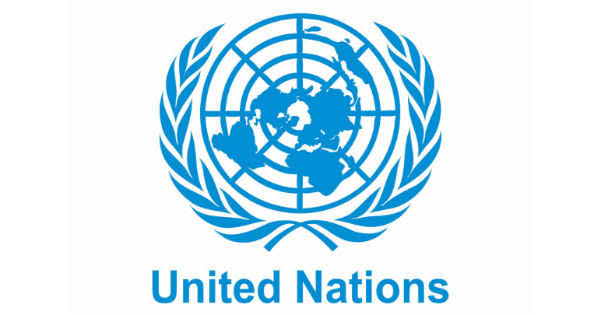UN Secretary-General António Guterres says international cooperation is needed for safe migration, noting that migration is “a defining feature of humanity and our world”.
Guterres told the General Assembly on Wednesday while launching his second report on the “Global Compact for Safe, Orderly and Regular Migration” that migration is a positive phenomenon” that enriches societies and economies.
According to him, if poorly managed, it generates huge challenges from tragic loss of life to rights abuses and social tensions, which is why effectively managing migration and protecting their rights, requires “strengthened international cooperation”.
“The Global Compact reflects the commitment of the international community to make migration work for all – to make it a source of prosperity and solidarity, not a byword for inhumanity.’’
The UN chief commended all who have helped migrants integrate into host countries, facilitated regular pathways, and advanced collaboration between countries of origin, transit, and destination.
However, he underscored that “much more can and should be done”.
Guterres’ outlined report recommendations that encompassed four priorities, beginning with promoting inclusive societies and include migrants in COVID-19 response and recovery efforts.
Inspite of playing an “outsized heroic role” in frontline response and providing a “vital lifeline” for families with scarce resources through their remittances, migrants are often excluded from recovery measures and denied access to basic services.
Moreover, many experience growing stigmatisation, racism, and xenophobia.
As women and child face higher risks of trafficking along with gender-based violence, abuse and exploitation, others are forcibly returned, “with insufficient regard to health risks, due process or procedural safeguards,” he said.
It is imperative that all governments better protect migrants’ human rights, break down barriers for access to essential services, expand migration pathways and suspend forced returns, he added.
Although over 80 per cent of the world’s migrants move between countries in a safe and orderly fashion, unregulated migration continues to extract a terrible human cost.
“Large migration flows today are essentially managed by smugglers and human traffickers. This is totally unacceptable”, Guterres said, stressing the need for safe and regular migration.
He painted a grim picture of “these criminals” robbing people of their fundamental rights, stealing their dreams, and causing serious problems around the world, with “women and girls targeted again and again”.
The only way to break the stranglehold of smugglers and traffickers is to establish pathways for regular migration in close cooperation between countries of origin and destination, according to the UN chief.
“We must better protect migrants in vulnerable situations, including those affected by disasters and the climate crisis…expand and diversify rights-based pathways for regular migration to address labour market shortages, and advance the Sustainable Development Goals (SDGs)”.
He said more needed to done “to ensure returns and readmissions are safe, dignified and in full accordance with obligations under international law.”
“All governments must also work together to ensure their safe and sustainable reintegration into home communities,’’ he added.
In the last seven years, nearly 50,000 migrant deaths have been recorded across the world, although the actual numbers are higher.
Hosting the briefing, General Assembly President Abdulla Shahid said the report would play a key role during the International Migration Review Forum (IMRF).
“As we anticipate the first review of the Global Compact, we must aspire to far reaching and ambitious outcomes,” he said
According to him, the forum must be “a space to discuss common challenges, rectify failures, and explore avenues to strengthen partnerships between States and stakeholders”.
This requires international cooperation and the strengthening of human rights-based, gender-responsive, child-sensitive migration policies that prioritize the dignity of all people.
Shahid called on Member States to take “concrete actions” to foster bilateral and regional cooperation…accelerate the implementation of the selected programmes in the Migration Multi-Partner Trust Fund and contribute to the dedicated funding window.
As “a whole-of-government and whole-of-society approach is vital” for the IMRF, he encouraged the participants to consult with their national counterparts in preparing national strategies and invite local stakeholders to join their delegations.
In view of the progress already made, he also called on Member States to maintain strong momentum going forward by “harnessing the power of multilateralism”, to achieve the Global Compact’s goals and address the needs of “all migrants and host communities alike”.
